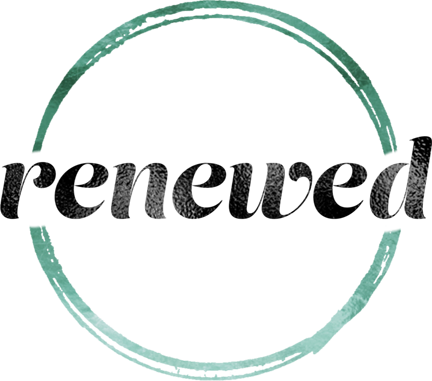improving public library services for people impacted by the prison industrial complex (PIC)
“Abolition is about presence, not absence. It is about building life-affirming institutions.”
-Dr. Ruth Wilson Gilmore
More than 2.3 million Americans are behind bars; that’s 698 per 100,000 people. Consider, then, how many people have been in prison, or have a loved one who is impacted by the prison industrial complex (PIC).
Recently, I researched public library programs for people impacted by the PIC, and began connecting with other librarian abolitionists. (Back up here, all this took off when I moved back to Massachusetts, and began volunteering with Great Falls Books Through Bars. They are great, please give them your money.)
What we found, when we looked into it, was a shocking dearth of public library services for people impacted by the PIC. Even after having been shared through several library listservs, twitter, etc., my google doc list of programs for people impacted by the PIC is disappointingly short. I conclude that we are failing a large segment of our communities.
This represents a gaping opportunity for public libraries, as so-called bastions of democracy, information, and access, to reach and connect more people. As “life-affirming institutions,” public libraries are uniquely positioned in a future that values people over profit.
“Breaking down library barriers to serving impoverished or homeless patrons will invariably aid formerly incarcerated persons, as this population is disproportionately affected by both poverty and homelessness. ”
I myself am the director in a really small, rural library. It might not be immediately obvious how GML could at all contribute to the cause of abolishing prisons. Of course, it is still politically taboo, and sensitive, as ideas go. But here are a few things that any library can do:
Eliminate barriers to access, including fines, or requiring a photo ID for sign-up.
Grow your collection, with books about the PIC and legal resources for people impacted by the PIC.
Give your paperback discards, especially non-fiction, to nonprofits such as Books Through Bars and Books to Prisoners.
Create an online resource guide. Examples include Hennepin County Freedom Ticket, the Hartford Public Library Resource Guide for Ex-Offenders, San Francisco Public Library Re-Entry Resources.
Avoid using prison labor, whenever possible.
Host a trauma-informed letter writing group, or a program about abolition.
Host a book club or film screening and discussion.
Extend your professional network beyond public libraries; collaborate across library systems and support jail and prison librarians.
Be sure to keep up with conversations about library services for the justice-involved: join the prison-l listserv, here. Also, anyone out there interested in working on a zine about public libraries, and the resources/services we offer? To be shared with people who are looking forward to release. Please email me! chelsea@renewedlibraries.org.
”Imagine a constellation of alternative strategies and institutions, with the ultimate aim of removing the prison from the social and ideoligical landscapes of our society.”
-Dr. Angela Davis
Reference:
Ringrose, K. (2020). Libraries & Reentry: The importance of public spaces, technologies, and community to formerly incarcerated patrons. ALA Policy Perspectives (7).

